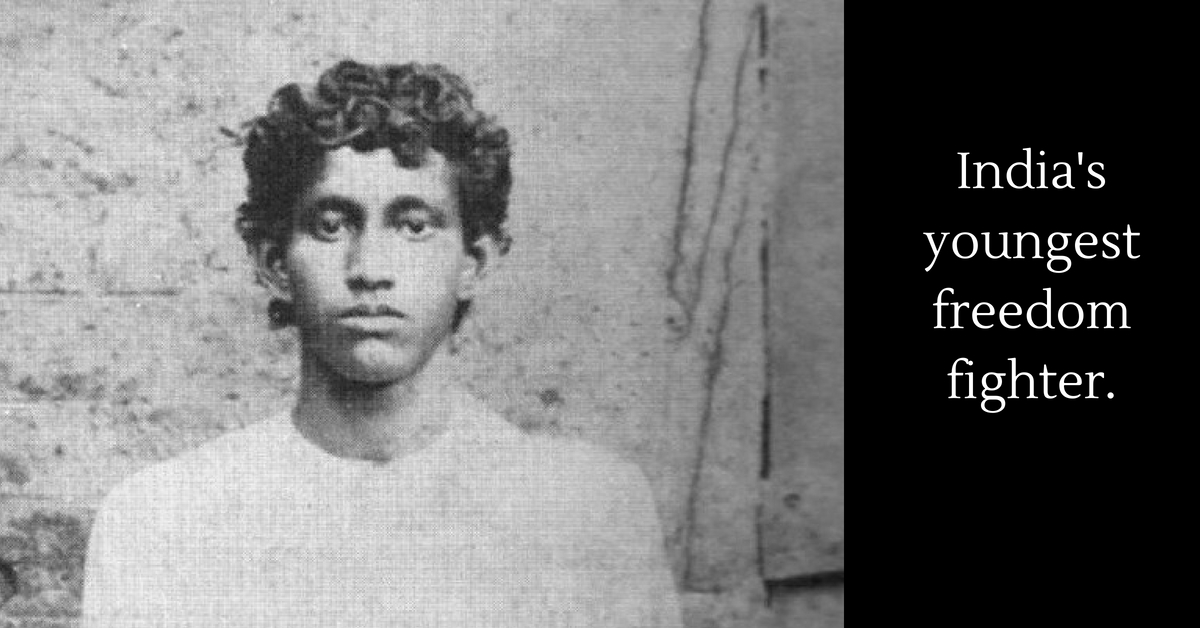Execution of Khudiram Bose: The Young Martyr of India's Freedom Struggle
History Indian HistoryPosted by NewAdmin on 2025-02-03 09:23:27 |
Share: Facebook | Twitter | Whatsapp | Linkedin Visits: 25

Khudiram Bose, one of India’s youngest revolutionaries, was executed on August 11, 1908, by the British government for his involvement in the attempted assassination of Magistrate Douglas Kingsford. At just 18 years old, he became a symbol of youthful defiance and sacrifice in the struggle against British rule.
Born on December 3, 1889, in Medinipur, Bengal Presidency, Khudiram Bose was drawn to the revolutionary movement from a young age. Inspired by nationalist leaders like Sri Aurobindo and Barindra Kumar Ghosh, he joined the secret revolutionary group Jugantar, which sought to overthrow British rule through armed resistance. His deep hatred for British oppression led him to volunteer for an assassination mission targeting Kingsford, who was infamous for his harsh judgments against Indian nationalists.
In April 1908, Khudiram, along with Prafulla Chaki, was assigned the task of eliminating Kingsford, who had been transferred from Calcutta to Muzaffarpur, Bihar. The two revolutionaries reached Muzaffarpur and observed Kingsford’s routine for several days. On the evening of April 30, 1908, they threw a bomb at a carriage leaving the European Club, believing it carried Kingsford. However, the carriage was occupied by two British women—Mrs. Kennedy and her daughter, who were killed instead.
Following the attack, the British launched a massive manhunt. While Prafulla Chaki managed to escape for a brief time, he was later cornered and took his own life to avoid capture. Khudiram, on the other hand, was arrested the next morning at Waini railway station, about 25 miles from Muzaffarpur. At the time of his arrest, he was carrying revolutionary pamphlets, a pistol, and live cartridges.
His trial began soon after, and despite being a teenager, Khudiram displayed remarkable fearlessness in court. He accepted his fate with a smile and refused to show any remorse for his actions. On July 13, 1908, he was sentenced to death by hanging. His execution took place in Muzaffarpur Jail on August 11, 1908, and reports suggest that he walked to the gallows with a smile, chanting “Vande Mataram.”
Khudiram Bose’s execution sparked nationwide outrage and inspired countless young revolutionaries to take up the cause of India’s independence. His courage and sacrifice made him a legend in the freedom movement, and he continues to be remembered as one of India’s bravest martyrs.
Search
Categories
Recent News
- Social Security Scheme Benefits Reach Thousands in Madurai
- Gates vs. Epstein: The Battle of Billionaires Amid Scandalous Allegations
- Telugu Star Fights AI Pornography: A Battle for Privacy and Dignity
- Elderly Woman's Expensive Pigeon Feeding Habit
- Reviving a Democratic Tradition: India's Election Chiefs Convene
- Medical Student's Tragic Death Shocks Nellore College
- Tamil Nadu's Welfare Drive: Empowering Citizens, One Camp at a Time
- Telangana's T-Safe App: Revolutionizing Women's Safety
Popular News
- Navigating IPO Market Dynamics Amid Volatility and Regulatory Changes
- Massive Worldwide Microsoft Outage Disrupts Multiple Sectors
- Panjapur Bus Stand to Reshape TNSTC Routes
- తెలుగుదేశం పార్టీ - పేదరికాన్ని నిర్మూలించడంలో వాగ్దానం
- Universities Embrace Remote Learning Technologies Amidst Ongoing Pandemic